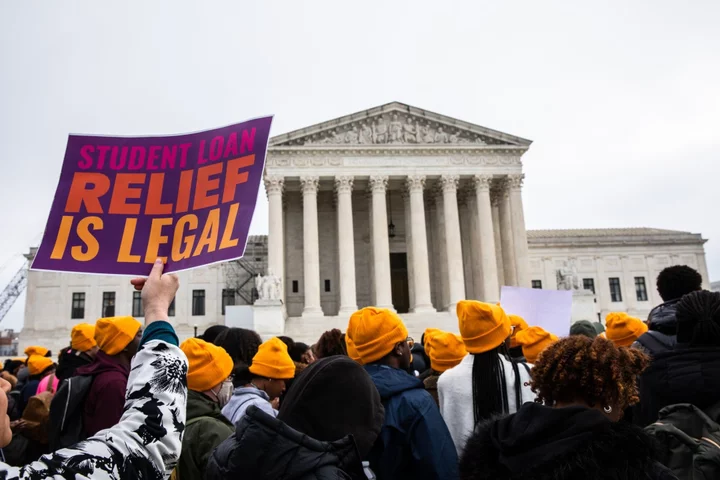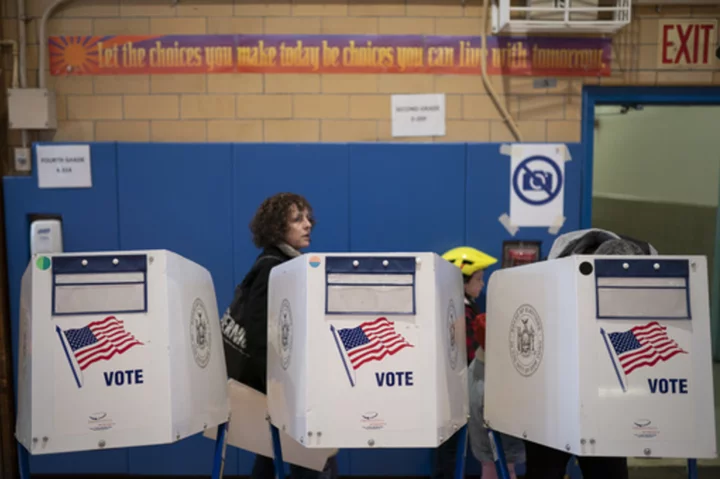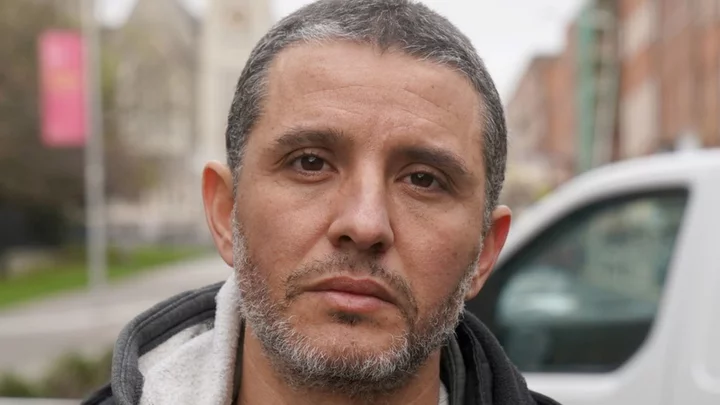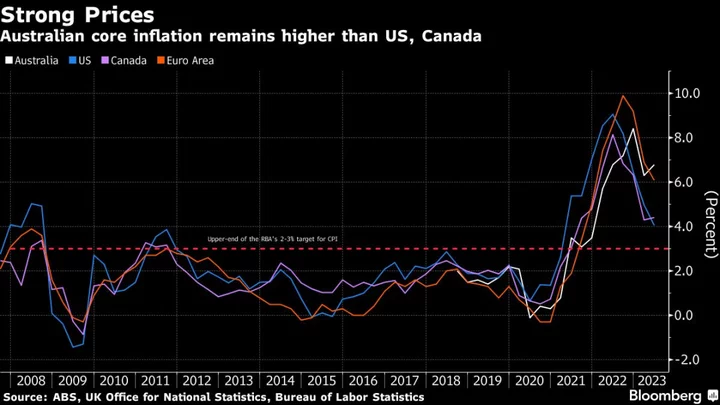Advocates of student debt relief want President Joe Biden to use a 1965 law to cancel student debt if the Supreme Court overturns his loan forgiveness program.
Biden’s current plan — to forgive as much as $20,000 in federal loans for certain borrowers making less than $125,000 per year, $250,000 for households — is based on his authority in the 2003 Heroes Act. A Supreme Court ruling invalidating the loan forgiveness program looks likely as the court issues some its most momentous decisions this week.
Astra Taylor, a co-founder of the Debt Collective — a 50,000-member group — points to provisions in the Higher Education Act from almost six decades ago that Biden could use instead to forgive student debt.
But this alternative strategy advocates are coalescing around would be time-consuming and could easily delay any relief until after the 2024 election, Jed Shugerman, a law professor at Fordham University, said. The Higher Education Act requires a lengthy rule-making process that could take about a year and then after that litigation by opponents would likely drag things out longer, he said
The Progressive Change Campaign Committee, which claims 1 million members, has a mobilization campaign ready to bombard the White House with emails and phone calls demanding Biden pursue an alternative path if the court overturns his student loan forgiveness program. The NAACP and allied groups have made preparations for a rally within two hours of a negative decision.
“It’s up to President Biden to live up to the promises he made to America, particularly to Black Americans,” said Wisdom Cole, director of the NAACP’s youth and college division. “Failure isn’t an option.”
The political stakes are high. The loan relief plan was one of the president’s signature initiatives and disproportionately benefits younger adults and minorities, both crucial Democratic constituencies that can be difficult to turn out for elections.
Overall 53% of American adults support Biden’s loan relief plan, according a February Economist/YouGov poll. But an overwhelming 67% of 18- to 29-year-olds back it, and an even larger 72% of African Americans of all ages do.
Read More: An Aggressive Supreme Court Reshapes US as Its Standing Erodes
Black borrowers are much more likely to carry higher balances on their student loan debt than other demographic groups. Almost 6 out of 10 Black borrowers have at least $25,000 in student loan debt, according to the Federal Reserve.
Delivering student loan relief will be “extremely important” to motivating young and minority voters for Biden’s reelection, said Adam Green, co-founder of the Progressive Change Campaign.
Sixteen million Americans received notices that their loan forgiveness applications were approved before the plan got tangled in lawsuits, according to the US Education Department, setting an expectation that could now be dashed.
Compounding the potential shock to borrowers, most of them are now used to living unburdened by college debt. The pandemic pause on federal student loan payments has been in place since March 2020, before Biden took office. Yet payments will resume when the pause ends Oct. 1.
The outcome will also have ramifications for consumer spending and the housing market. About 1 in 5 borrowers under 30 said they would put savings from student loan relief toward the purchase of a home, according to a May Federal Reserve report.
“Debt cancellation is totally legal,” Taylor said. “It happens all the time and the president has other legal authorities. The Higher Education Act should be used immediately and rapidly to deliver on this essential commitment.”
White House Press Secretary Karine Jean-Pierre has repeatedly declined to discuss what the administration might do next if the court rules unfavorably for the administration. She told reporters earlier this month that the White House is confident in its legal strategy and declined to address next steps.
“I’m just saying that we’re going to focus on the fight that’s in front of us right now,” she told reporters.
Democratic lawmakers would also be joining the fray. Senator Richard Blumenthal, a Connecticut Democrat, said the best move is probably for the administration to use the Higher Education Act, since Republicans hold control of the House and broadly oppose the plan.
Progressive champion Bernie Sanders, a Vermont independent who chairs the Senate panel with jurisdiction over education issues, said he will use his position to pursue the cause.
“It’s an issue we’re going to deal with, aggressively,” Sanders said. “I think it is outrage that tens of millions of people can’t afford to get married, can’t afford to buy a home for the ‘crime’ of getting an education. That’s absurd.”
--With assistance from Greg Stohr.









